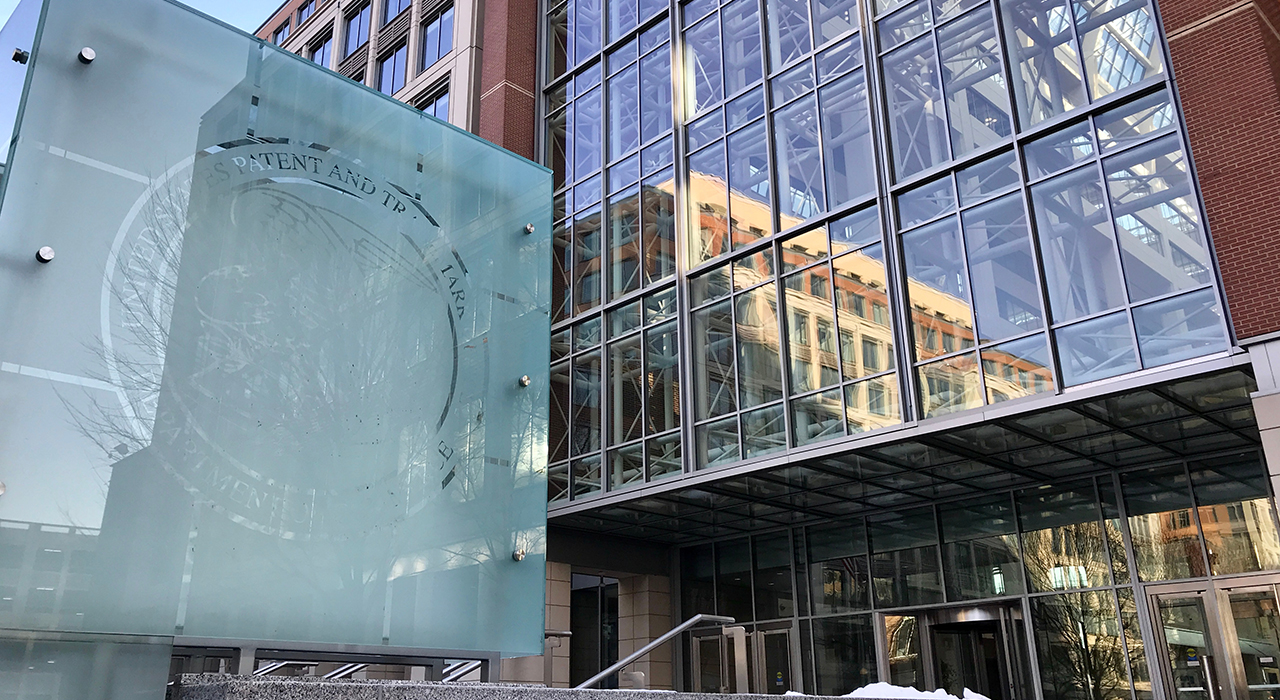
On April 3, 2020, the Patent Trial and Appeal Board (“Board”) issued a decision in Ex parte Wallero reversing an Examiner’s obviousness rejection because the Examiner failed to provide a sufficient factual basis to establish that a claimed feature was disclosed in the examples of a Japanese reference for which there was only an English abstract of record. No. 2019-004064 (P.T.A.B. Apr. 3, 2020) (non-precedential).
At issue was the requirement in claim 1 for “an austenitic-ferrite stainless steel welding material ha[ving] a structure of 5–15 vol% ferrite and remainder austenite.” Id. at 2. According to the Examiner, the Examples in the Japanese section of the primary reference, JP 59159295 (“JP ‘295”), included a Table with an entry “6.84” and this value read on the ferrite vol% required by the claims. Id. at 4.
Prior to the appeal, the Applicant traversed the Examiner’s finding in a Pre-Appeal Brief Request for Review; however, the Pre-Appeal Brief Panel was not persuaded and maintained the rejection of the claims without any explanation. The Applicant then raised the same arguments in the Appeal Brief, but the same conferees from the Pre-Appeal Brief Panel maintained the rejection.
On appeal, the Board acknowledged the Examiner’s reliance on the Examples of the Japanese section of JP ‘295, but emphasized that “[t]he Examiner … does not point to any disclosure in [JP ‘295], or provide any other evidence, indicating that the last entry in the table refers to the volume percentage of ferrite.” Id. at 4. The Board further noted that although the English abstract of JP ‘295 made of record by the Examiner stated “[t]he volume ratio of delta-ferrite … is above 4.0,” the Examiner did not cite to this teaching, and thus, did not establish that it constituted a disclosure of the volume percentage ferrite recited in claim 1. Id. at 4–5. Consequently, the Board held that the Examiner did not provide a sufficient factual basis to establish that JP ‘295 disclosed the required volume percent ferrite. Id. at 5.
Takeaways: This case is notable for two reasons. First, when an Examiner cites and relies on an English abstract of a foreign reference or portions of a foreign reference for which there is no translation, the Applicant should request that the Examiner supply a translation and, if the Examiner refuses, consider an interview with the Examiner’s supervisor or seeking supervisory relief by way of petition under 37 CFR § 1.181. See, e.g., MPEP 706.02(II). Absent a translation, a rejection that is reliant on the speculative disclosure of a foreign reference should be challenged.
Second, this case illustrates some downfalls of the Pre-Appeal Brief Conference Pilot Program. For one, a pre-appeal brief may be unsuccessful even when the rejection is based on a clear factual error. In addition, the likelihood of success with the same argument in an appeal brief is diminished when the panel for the pre-appeal brief conference and the appeal brief conference are the same, which can deter an Applicant from proceeding to the Board.
Judges: R. Delmendo, B. Range, J. Inglese
by Beau Burton
Beau B. Burton, Ph.D., was a founding partner of Element IP. His practice focused on patent procurement, post-grant proceedings, including inter partes reviews (IPRs) and ex parte re-examination, and patent validity and infringement opinions.
